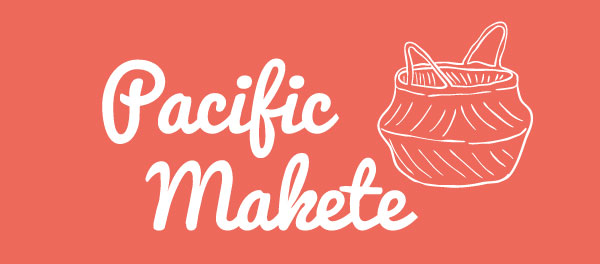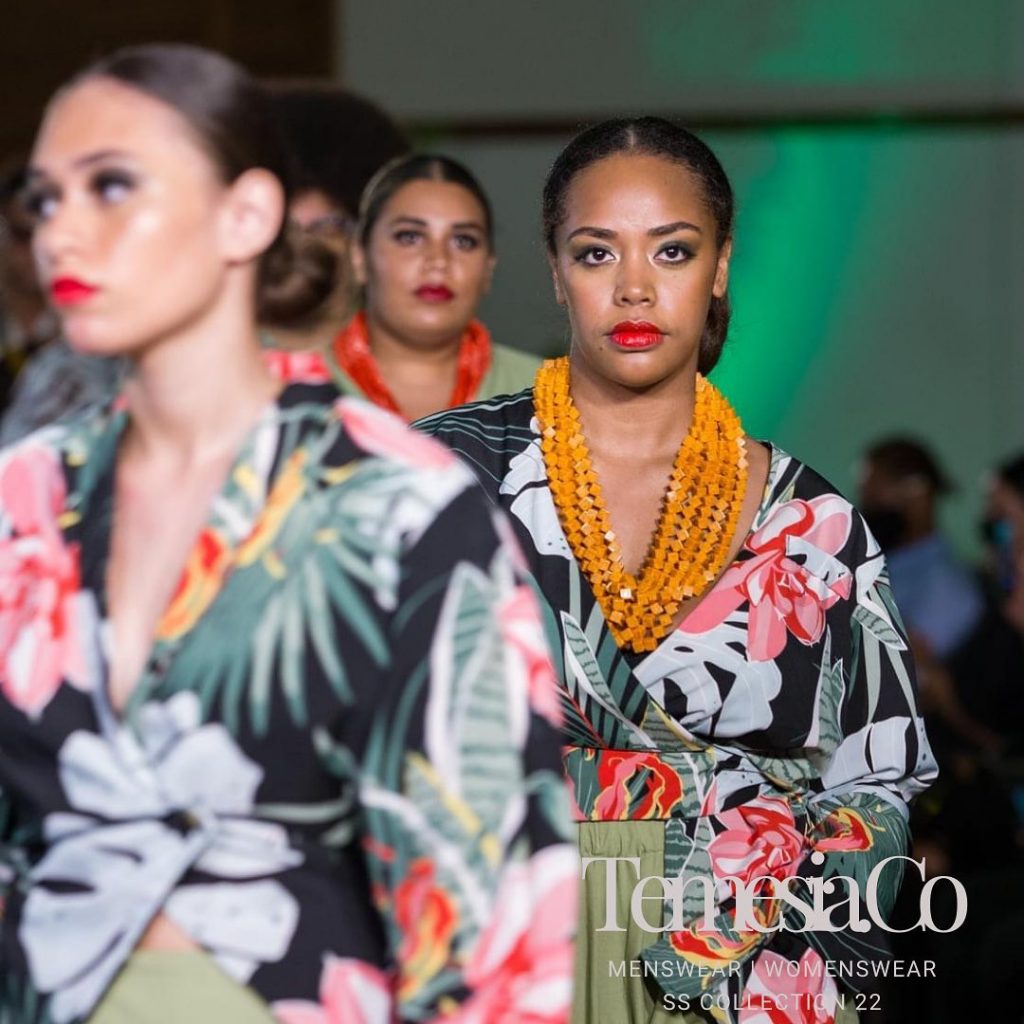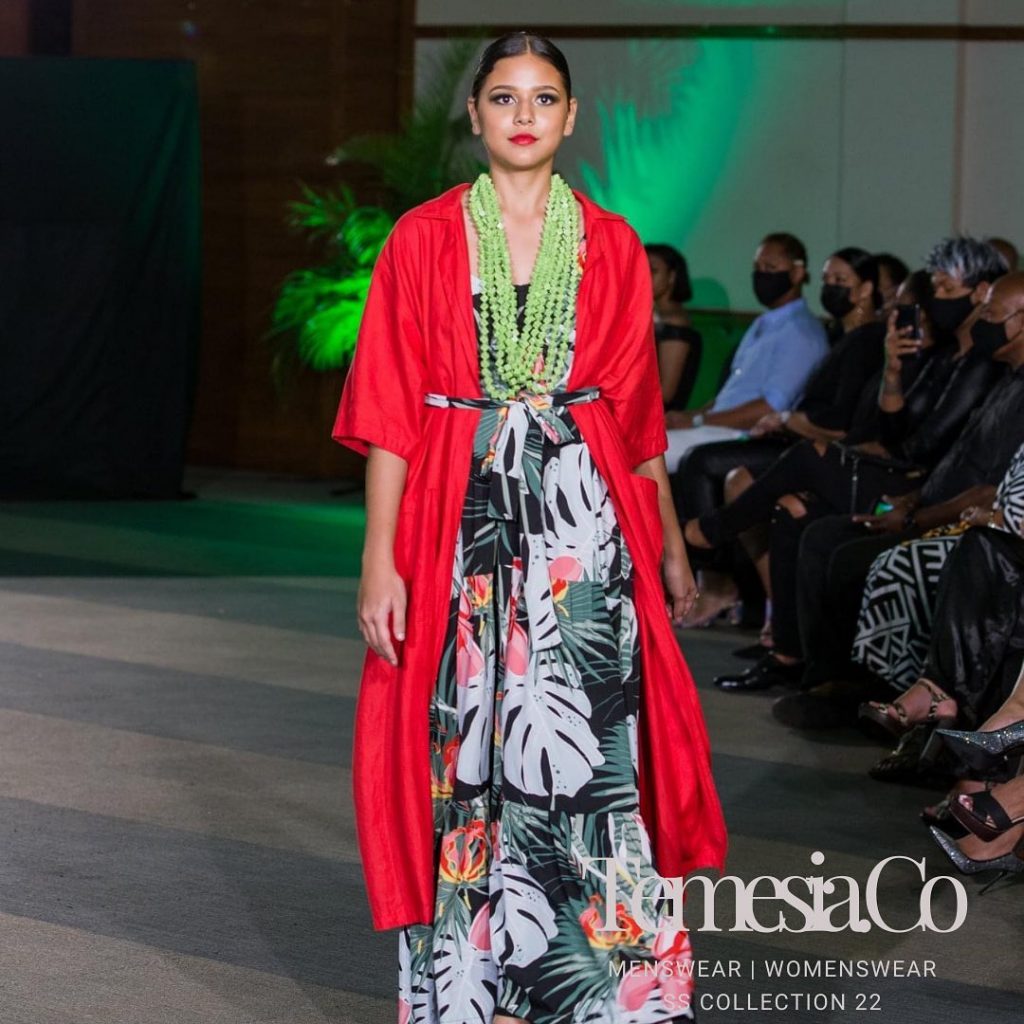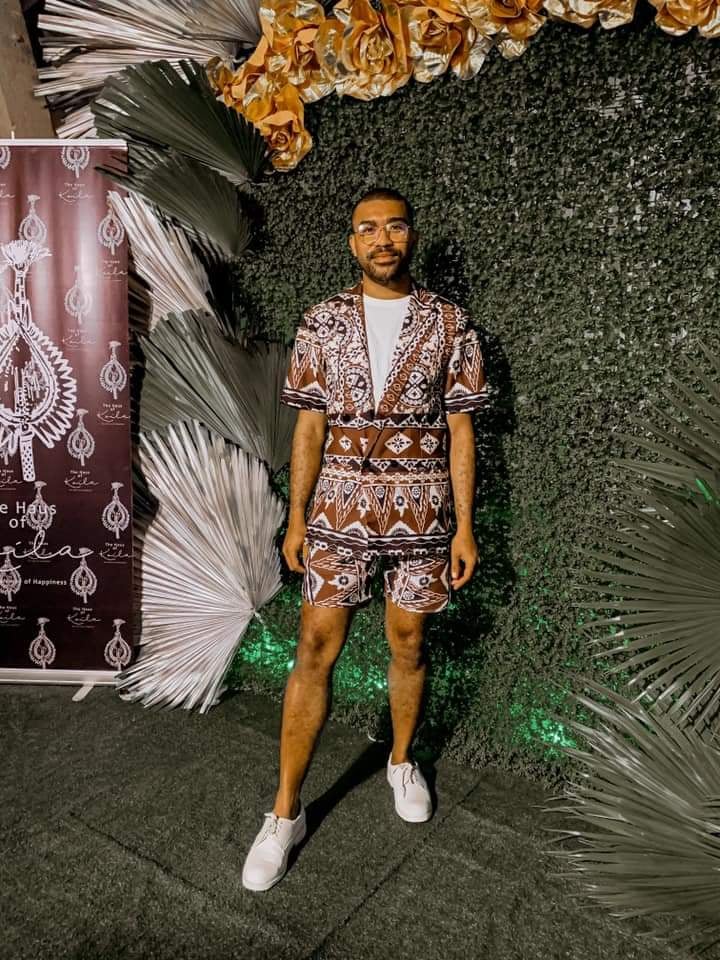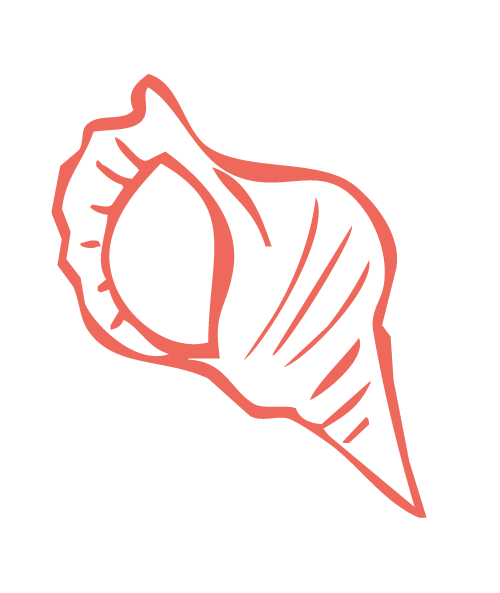Temesia Tuicaumia: Marketer, fashion designer, educationalist
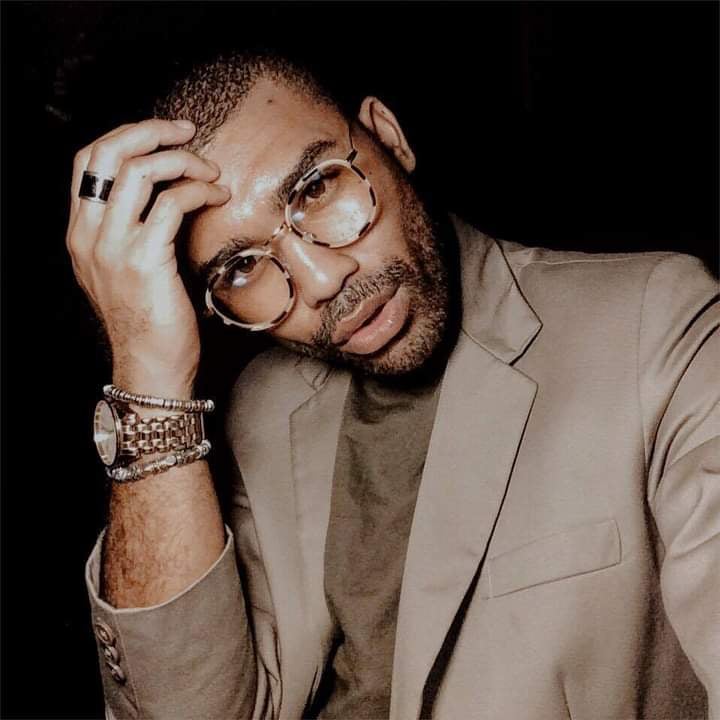
By Sera Tikotikovatu-Sefeti
Temesia Tuicaumia is a humble individual with an upbeat personality and an entrepreneur who owns his own consultancy firm, the founder of an educational institution, an influencer, and a marketing specialist.
His clothing brand Temesia.Co was developed during his travels when he realised he needed to wear something warmer than a “sulu vakataga” during New Zealand’s winter.
I started my clothing brand because of my dear friend Samson Lee. He pushed me to showcase a collection at Wear Fiji 2020,” Tuicaumia says.
His label, temesia.co, is now stocked at the Wearing Fiji boutique in Butt Street, Suva, and he plans to open a shop in Toorak, Suva this year.
“When I first started, I had to focus on what my clothing brand identity is, what it stands for, and what I really do want to offer as a service. So, I made a plan that only designs showcased on the runway for people will be made; no custom-made ideas because I cannot physically or financially support them,” he said.
Tuicaumia has built a good relationship with a factory in Fiji that now manufactures his clothing.
As a start-up business, he has faced some challenges at the start of his entrepreneurial journey. He says consistency is important, as is finding the right people to work with, and separating your personal life and business.
Tuicaumia says: “The biggest challenges are consistency in the quality of product we sell. Irrespective of the industry you are in, you need to be consistent. Second is finding the right people that can motivate you, encourage you and offer sound advice. I didn’t have that in the beginning, and they made me feel worthless.”
The entrepreneur had to set some ground rules to ensure a separation between his business and personal life. “When I started, I ensured that my family members knew not to post any events from my home because I wanted to keep them safe. Personally, I also struggle with my content on social media. It needs to be family-oriented because of my education background.”
As for many clothing brands, the pandemic has created other challenges. Tuicaumia buys linen for his designs, and this quickly became a challenge during the restrictions. “Finding linen fabric was difficult during the pandemic. I had to invest in two months’ worth of linen bales to stock up and build a good business relationship with manufacturing businesses to source it for me.”
Return on Investment (ROI)
In his capacity as an educator and an entrepreneur, Tuicaumia talks about the importance of getting a return on investment (ROI) on business ventures.
“As a Pacific Islander, we struggle with return on investment. One of the most important lessons we all learn is that you need to get ready to spend money when you start your business. Your ROI will appear in 2 years or more.
“I spent almost F$2,000 on my own clothing brand in order to market it on social media. I had to ensure all my clothes were being made, and they were expensive. However, the ROI came not long after,” he said.
A Marketing Strategist
Tuicaumia also helps upcoming SMEs with their marketing strategies, with a client list that includes big companies like the Intercontinental’s Grand Pacific Hotel, to upcoming SMEs like Star Jewels and Tumeric and Layalaya Care.
Tuicaumia says: “It is wise to give intentionally to the right people. For instance, the owner of Star Jewels makes jewellery. I gave her advice, “Give in order for your brand to receive good coverage.” At the time, I told her to make 200 keychains for the Wearing Fiji bags last year, and she didn’t hold back. In less than 365 days, this woman showcased her jewellery on the runway and turned her jewellery that cost $30 a piece to $165 a piece today.”
This same strategy was also used for Tumeric & Layalaya Care, an SME that approached Tuicaumia for advice. According to him, they sold 12 bottles on the first day he provided marketing support, and within four months they were shipping to France, the UK, Australia, America, and Fiji.
Tips for SMEs
Apart from marketing, the young entrepreneur is generous with his advice and the lessons he has learnt from his own businesses.
- When dealing with money, ensure that you have a bank account, FNPF, TIN number, and that your business is registered.
- In all business transactions, knowing your weaknesses is just as important as understanding your strengths. By identifying your weaknesses, you are able to strategically plan how to avoid certain issues and when to step back and re-evaluate the situation.
- Have a bank account you can access on a rainy day and try not to receive cash on hand but rather directly wired to your account. This will reduce the temptation of spending it.
- Going into this business can be emotionally, physically, and spiritually draining, so keep in mind that the product you sell is of quality and not just quantity, because a bad review of an SME can be very damaging to a brand and to us emotionally.
- Find a sustainable way of earning an income. For me personally, I’m involved with several different jobs; my education income (from running a school and providing consultancies to the sector) goes to my daily expenses, while others go into my savings, and it is a way of ensuring I’m financially secure. Diversify your brand; it helps when you are stuck with one.
- Finally, I cannot stress enough how important it is to build a genuine, authentic relationship, especially in the midst of this pandemic.
The “I don’t know method”
As with many businesses, Tuicaumia found the COVID situation overwhelming. However, he learnt an important lesson from his experience with the Model United Nations; the “I don’t know method.” The key to this model is not to panic and to start planning ahead.
It also encourages you to calm others down in the process, he says. “When someone asks how you are going to do this, you say, ‘I don’t know what we are going to do, but we will figure it out.’”
In response to changes brought about by the pandemic, Tuicaumia took time to plan across all the sectors he works in: education, fashion, and as an influencer/marketer, with an emphasis on online and remote work. As a result:
- Goods were supplied directly to clients.
- While online learning was introduced in the educational sphere, we had to ensure that our educators were provided quality training to teach virtually, and on how to conduct themselves online in the public domain.
- Change is not a term many are excited about; it can either mean good or bad. But in all circumstances, you need to be able to adapt and adopt new methods. Your expectations should match the situation, or else you will lose out.
Collaborations have been important to Tuicaumia’s success, but he has a word of caution for SMEs to protect their brands. “Before you collaborate with someone, conduct extensive research on their background, their clients, who they are, and whether they have a good business relationship, whether it be political or in the private sector,” he says.
There is a favourite quote of mine: “If you want to go fast, go alone; if you want to go far, go together; you can’t do anything on your own, you won’t be sustainable if you go alone,” Tuicaumia says. “Have a quality relationship and surround yourself with people that will motivate you, empower you, and build you up.”
